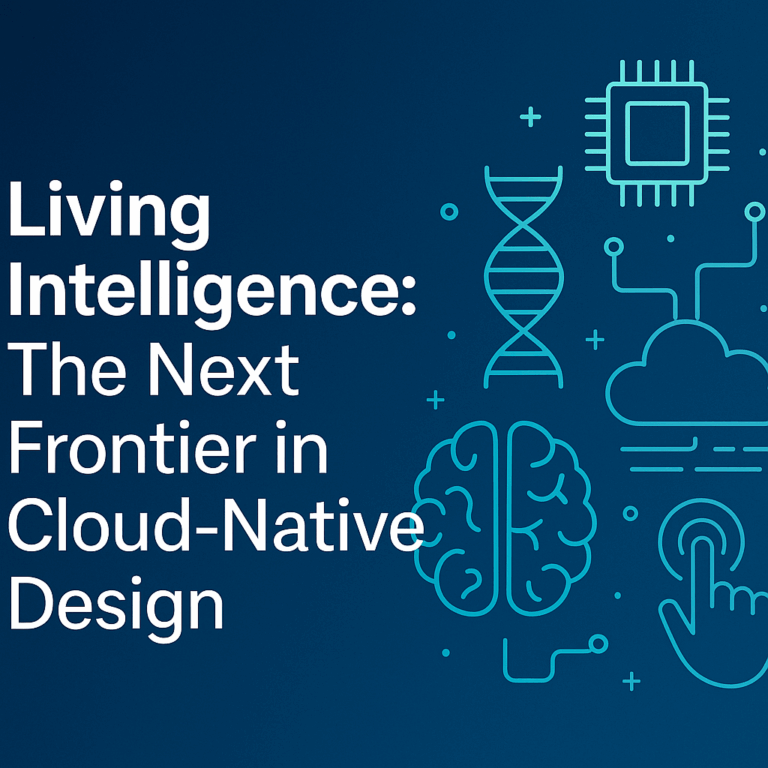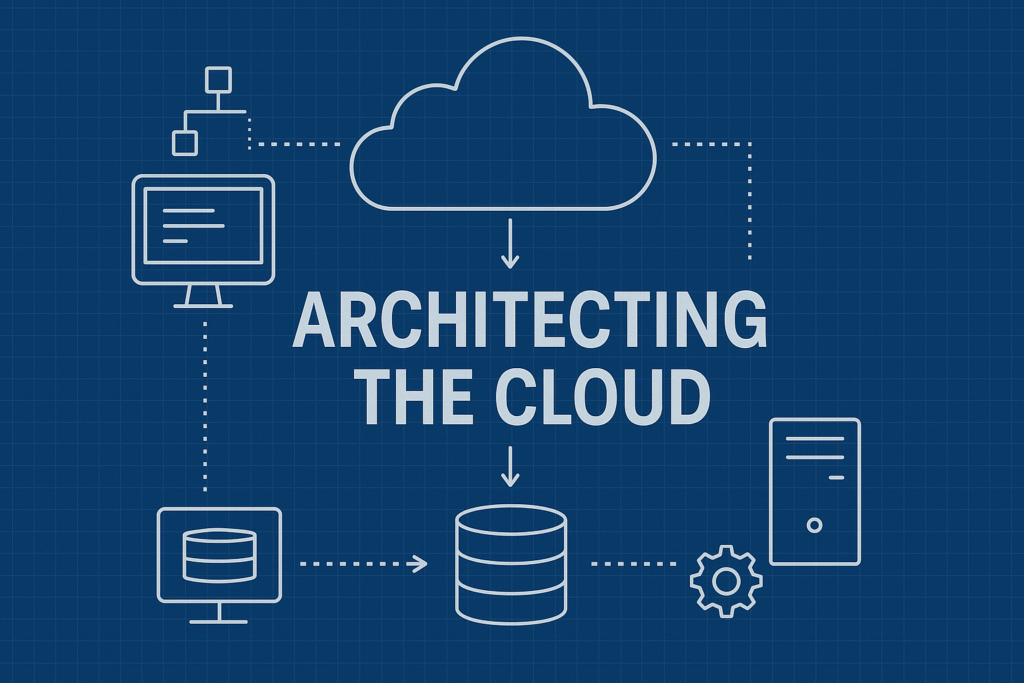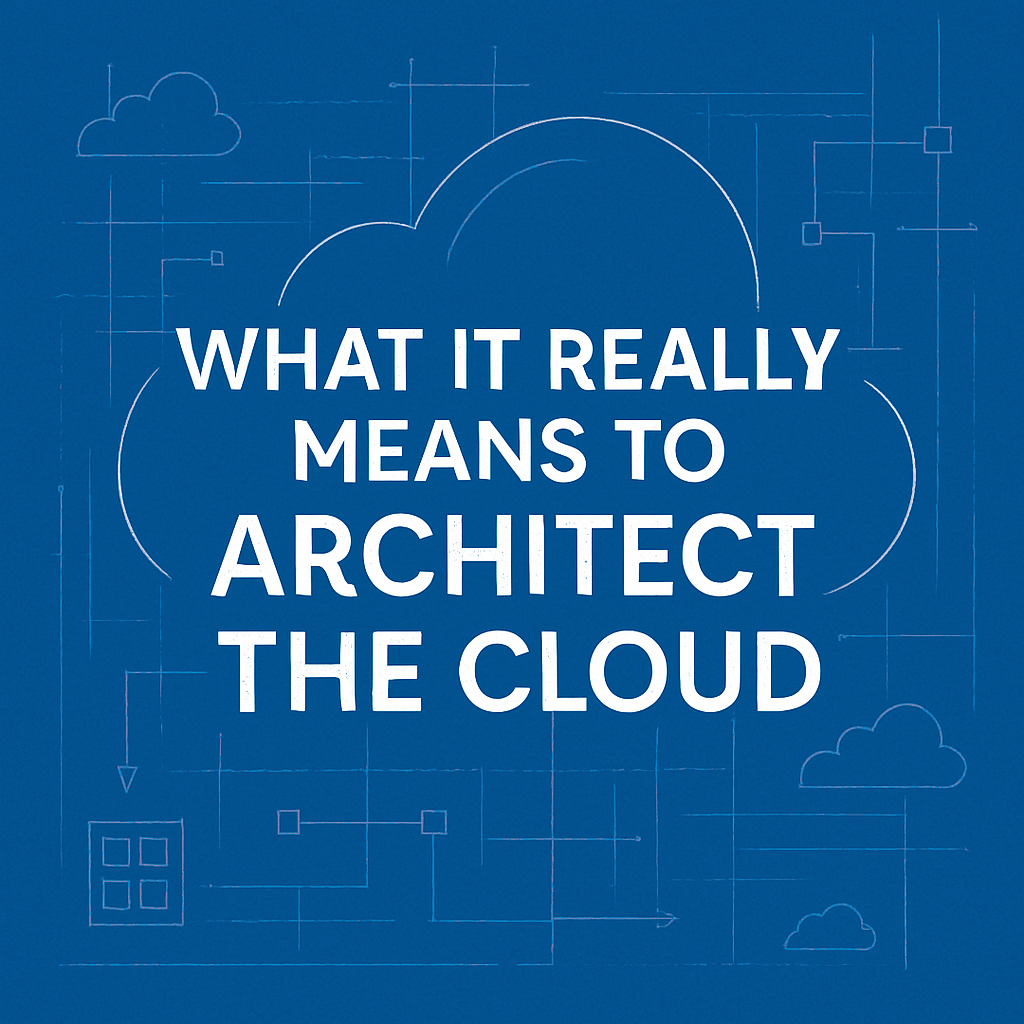At the intersection of AI, biotechnology, and next-gen sensors, a new paradigm is emerging: Living Intelligence. This is not just a metaphor — it’s the real-time integration of biological, physical, and computational systems through cloud-native infrastructures.
What Is Living Intelligence?
“Living Intelligence” refers to systems that integrate:
- AI models in a continuous learning loop,
- Biosensors collecting physiological or environmental signals,
- Cyber-physical systems that adapt to changing stimuli,
- and cloud-native backbones that orchestrate this dynamic interaction.
These systems:
- don’t just process input → output,
- they evolve, adapt, and self-optimize based on their environment.
Real-World Applications
- Smart Infrastructure
- Sensors that learn from microclimates to adjust lighting, energy, or water flow in real-time.
- Bioindicator monitoring in public spaces for early epidemic detection.
- Adaptive Healthcare Systems
- Live biometric analytics via cloud from wearables.
- Personalized therapies that adjust dynamically to patient biofeedback.
- Next-Gen AgriTech
- AI + plant-level sensors to optimize yields per square meter.
- Cloud-based learning from soil microbiome and environmental patterns.
The Role of Cloud-Native Architectures
Traditional cloud is not enough. Living Intelligence requires:
- Streaming ingestion from sensor and biological sources (e.g., Azure Event Hub, AWS IoT).
- Hybrid compute pipelines — combining real-time and batch analytics.
- Edge-cloud cooperation, where intelligence starts at the edge and syncs with the cloud.
- AI orchestration (e.g., Kubernetes + ONNX for runtime ML at the source).
Challenges and Ethical Dilemmas
- Where does observation end and privacy begin?
- Who governs adaptive systems when learning becomes autonomous?
- How do we ensure safety when tech interacts with the human body?
The Road Ahead
Living Intelligence is not sci-fi. It’s the next phase in cloud-native evolution — where technology doesn’t just simulate life, but coexists with it.



